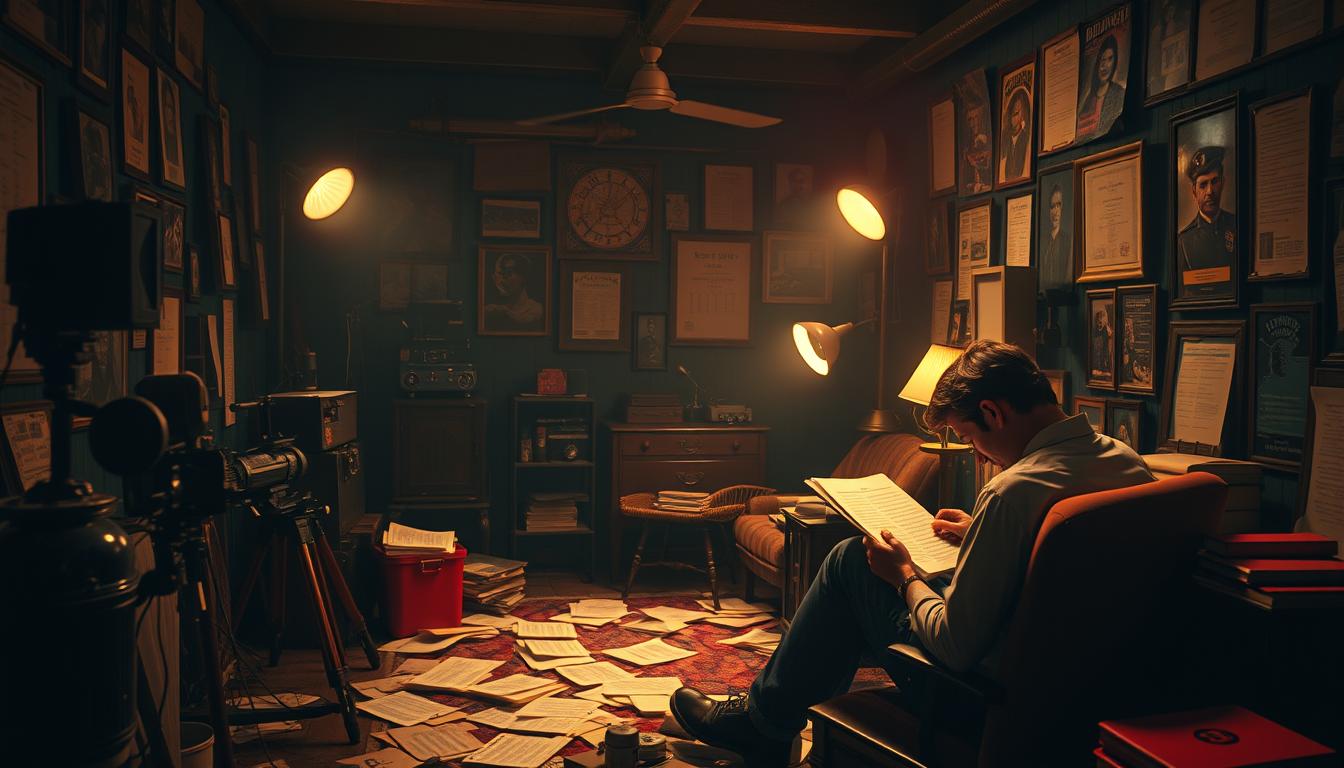- Home
- Screenwriting
- Exploring Screenwriting as a College Major
Exploring Screenwriting as a College Major
Choosing a college major is a significant decision for students passionate about the arts, particularly those drawn to storytelling through visual media. Screenwriting, as a college major, offers an in-depth exploration into crafting compelling narratives for film, television, and digital platforms. This field of study not only hones creative writing skills but also immerses students in the intricacies of the entertainment industry. Let’s delve into what pursuing a major in screenwriting entails and the opportunities it opens up for aspiring writers.
Understanding the Curriculum
A screenwriting program typically covers the fundamentals of storytelling, structure, character development, dialogue, and the visual language of film. Students learn how to transform creative ideas into detailed scripts, adhering to industry-standard formats. The curriculum often includes a mix of writing workshops, where students receive feedback from peers and instructors, and theoretical classes that provide insight into the history of cinema, genre studies, and analysis of classic and contemporary scripts. Advanced courses may focus on specific areas such as writing for television, adapting novels into screenplays, or exploring emerging digital media formats.
Practical Experience and Industry Exposure
One of the advantages of pursuing a screenwriting major is the opportunity for practical experience. Many programs encourage or require students to complete internships within the entertainment industry. These internships can provide invaluable insights into the business aspects of filmmaking, networking opportunities, and firsthand experience in writers’ rooms or on production sets. Additionally, colleges often host guest lectures and workshops led by experienced screenwriters, directors, and producers, offering students a chance to learn from professionals in the field.
Developing a Professional Portfolio
Throughout their academic journey, screenwriting students are encouraged to develop a portfolio of their work. This portfolio is a critical asset when applying for internships, fellowships, and entry-level positions in the industry. A well-rounded portfolio showcases a range of genres and formats, demonstrating the writer’s versatility and depth of talent. Senior projects or capstone courses offer the chance to complete a feature-length screenplay or a pilot for a television series, which can serve as the centerpiece of a graduate’s portfolio.
Career Opportunities
Graduates with a degree in screenwriting have various career paths available to them, beyond the traditional role of a screenwriter. Many find opportunities in content creation for digital platforms, script editing, story development for production companies, and writing for video games. Teaching screenwriting or working in script consultancy are also viable options. While breaking into the entertainment industry can be challenging, a strong educational background in screenwriting, coupled with persistence and networking, can open doors to fulfilling careers.
Is Screenwriting the Right Major for You?
For individuals passionate about storytelling and eager to contribute to the world of cinema and television, screenwriting as a college major can be an exciting and rewarding path. It requires creativity, dedication, and a willingness to critically engage with one’s work and the works of others. Prospective students should be prepared for a competitive field but also for a major that offers the unique satisfaction of seeing their visions come to life on screen. Aspiring screenwriters must weigh their passion for storytelling against the practical challenges of the industry, remembering that success often comes from perseverance and continuous learning.
Screenwriting as a college major offers a blend of creative expression and practical industry insights. It prepares students not just to write compelling stories, but also to navigate the complexities of the entertainment industry. For those drawn to the magic of film and television, it can be the first step toward a vibrant and creative career.






